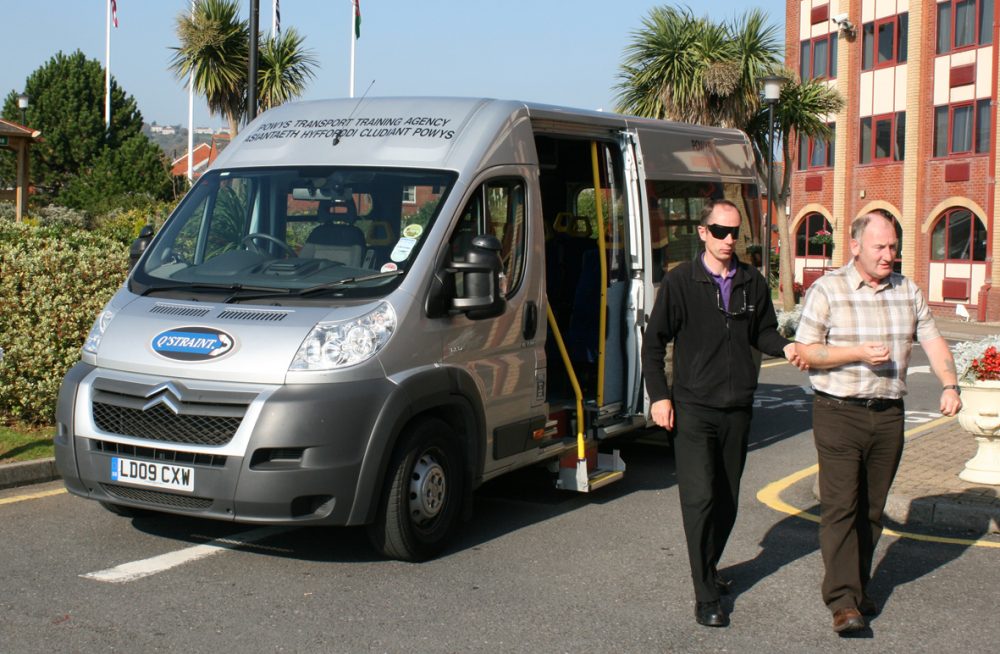
Driving a lorry, coach or bus
To drive a lorry, coach or bus you first need to hold a full driving licence for a car. There are other criteria that also needs to be met. A licence for a lorry is commonly called an LGV licence (historically HGV) whilst bus and coach licenses are referred to as a PSV licence.
If you meet the criteria you can apply for your provisional LGV or PSV licence. Once you have the provisional entitlement you can start training for the tests you will need to pass. You will need to take a theory test again even if you took a theory test for your car licence. This test will be more specific to the vehicle you intend to drive.
Once you have taken and passed your theory test, you will need to pass the driving test within two years. You will also need to pass the ‘practical demonstration’ element of the test.
As with other categories on your licence, you may need to let DVLA know if you have or develop a medical condition. Once DVLA have been told, they will investigate how your medical condition could affect on your driving ability. Part of DVLA’s investigation could require you to undertake a driving assessment.
Not all mobility centres around the UK are able to complete LGV or PSV assessments but you can contact your nearest centre to find out. If your nearest centre does not carry out lorry, bus or coach assessments, they should be able to offer an alternative location that would be able to help you.
